Iran's authorities have sprayed clouds with chemicals to induce rain, in an attempt to combat the country's worst drought in decades. The cloud-seeding operation was conducted over the Urmia lake basin on Saturday, according to Iran's official news agency Irna. Urmia is Iran's largest lake, but has largely dried out leaving a vast salt bed. Further operations will be carried out in east and west Azerbaijan, the agency said.
The cloud-seeding process involves injecting chemical salts, including silver or potassium iodide, into clouds via aircraft or through generators on the ground. Water vapour can then condense more easily and turn into rain. Iran's meteorological organisation said rainfall had decreased significantly in recent years, with some areas experiencing their lowest levels on record. Last week, President Masoud Pezeshkian warned that if there is not enough rainfall soon, Tehran's water supply could be rationed and people may be evacuated from the capital.
Iran's water crisis has been exacerbated by the drought, which has left reservoirs nearly empty. The Amirkabir dam in Tehran, which supplies water to the capital, is currently at 8% of its capacity, officials said. The country's authorities have been exploring various solutions to address the crisis, including cloud seeding. The technique has been around for decades and has been used in other countries, including the UAE, to help address water shortages.
According to Dr. Mohammad Reza Modarres, a meteorologist at Iran's meteorological organisation, cloud seeding is a "last resort" to induce rainfall. "We have tried other methods, such as increasing water storage capacity and improving irrigation systems, but they have not been enough to address the crisis," he said. "Cloud seeding is a complex process, and its effectiveness depends on various factors, including the type of clouds and the amount of moisture in the air."
The use of cloud seeding to induce rainfall has sparked debate among experts. Some argue that it is a useful tool in addressing water shortages, while others question its effectiveness and potential environmental impacts. "While cloud seeding can provide short-term relief, it is not a long-term solution to the water crisis," said Dr. Ali Akbari, a water expert at the University of Tehran. "We need to focus on more sustainable solutions, such as improving water conservation and increasing water storage capacity."
Iran's authorities have announced plans to carry out further cloud-seeding operations in the coming weeks. The operations will be conducted in various regions, including east and west Azerbaijan, to induce rainfall and alleviate the drought. The success of the operations will depend on various factors, including weather conditions and the effectiveness of the cloud-seeding technique.






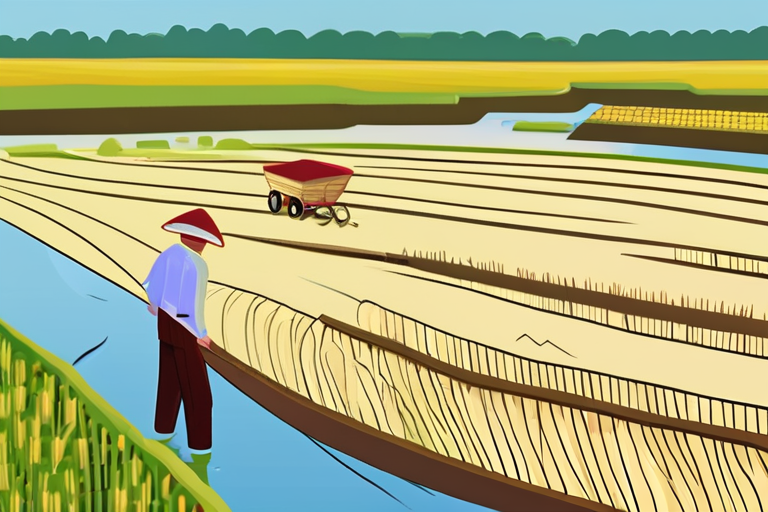



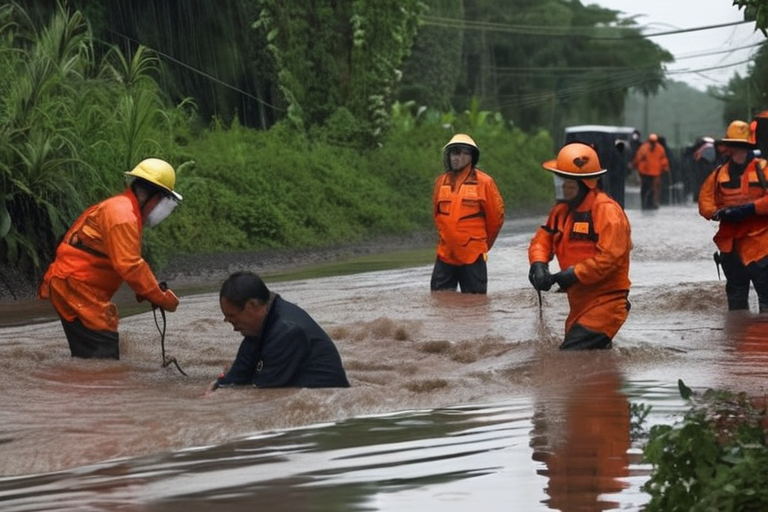


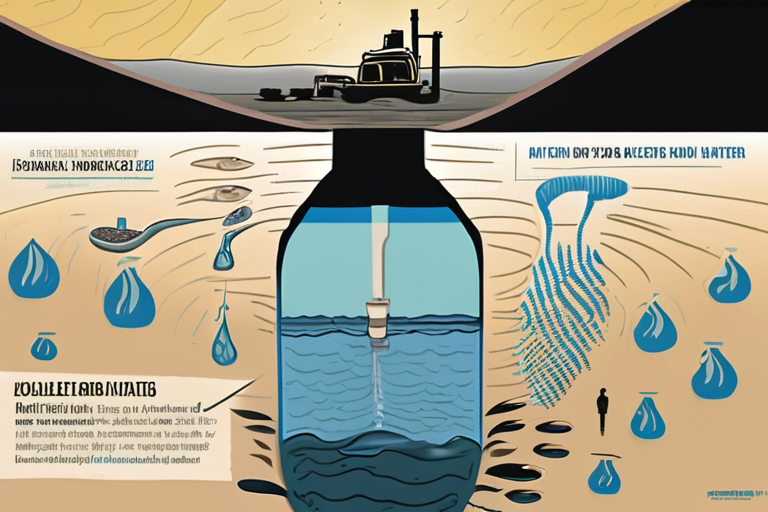



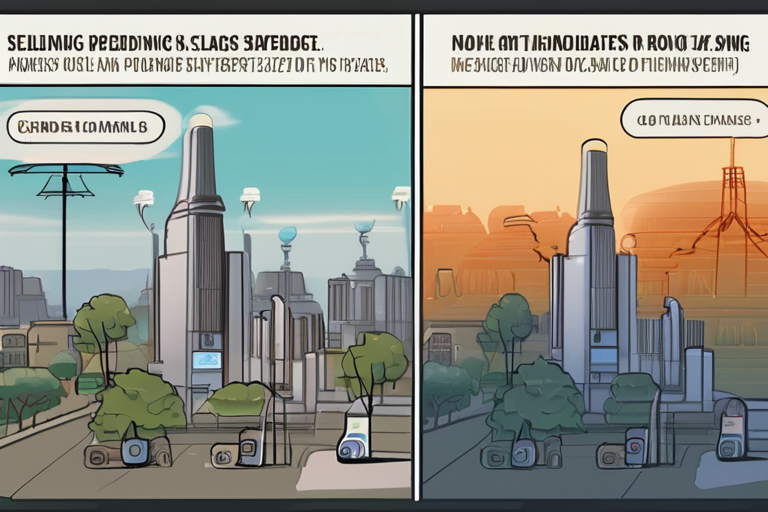



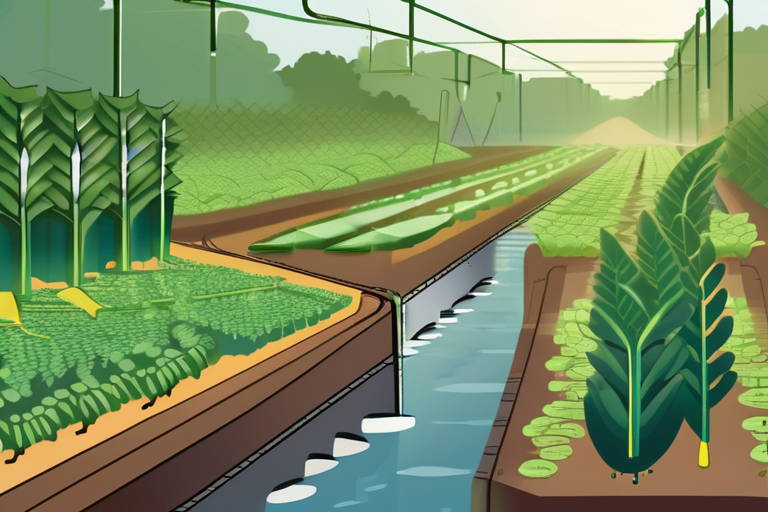
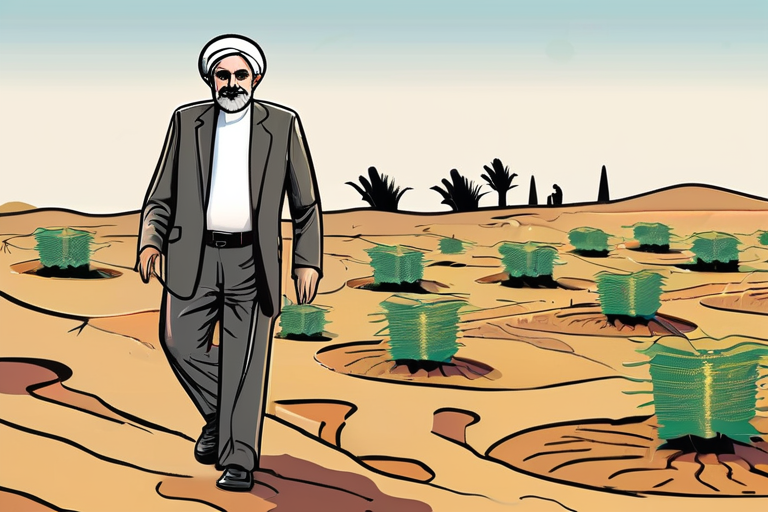
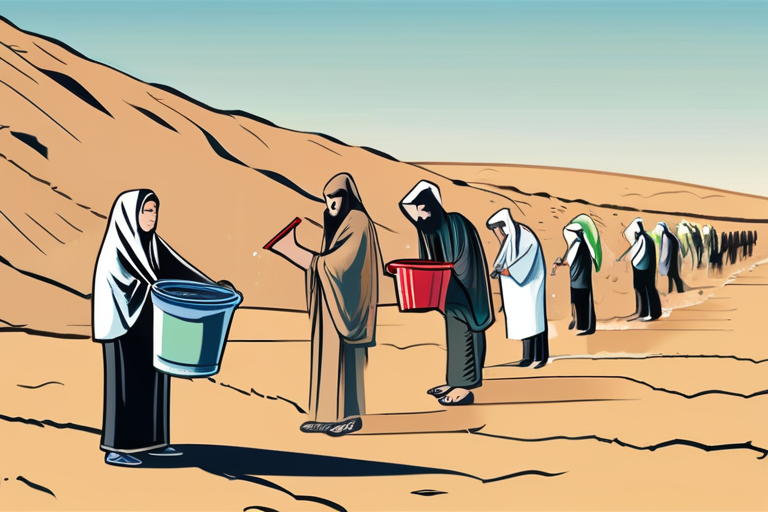


Share & Engage Share
Share this article